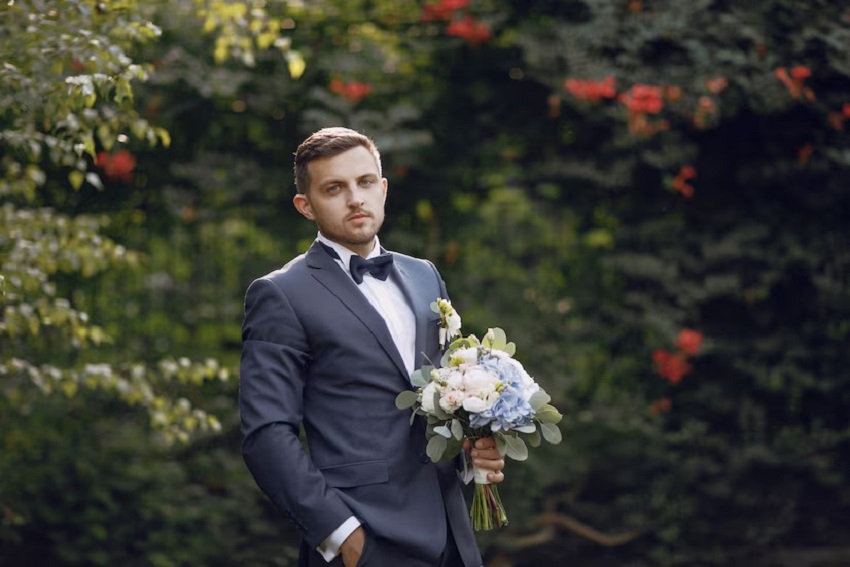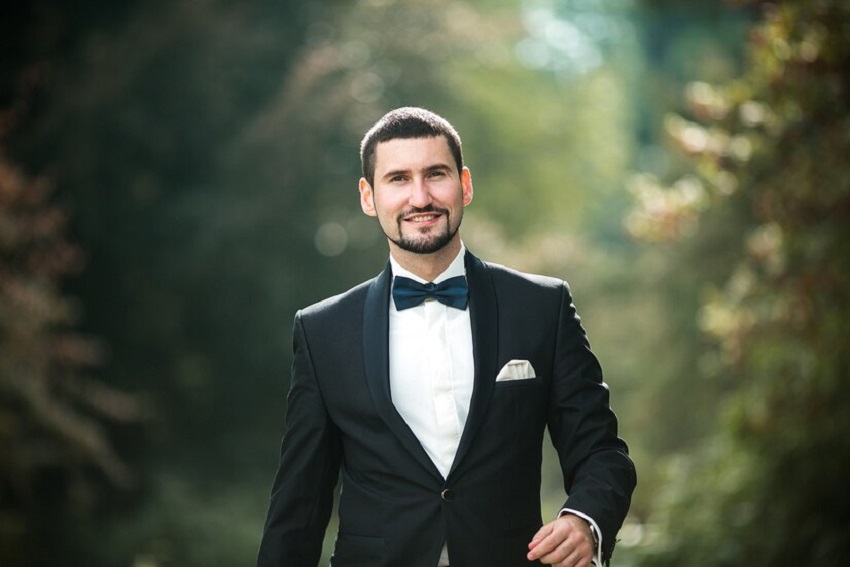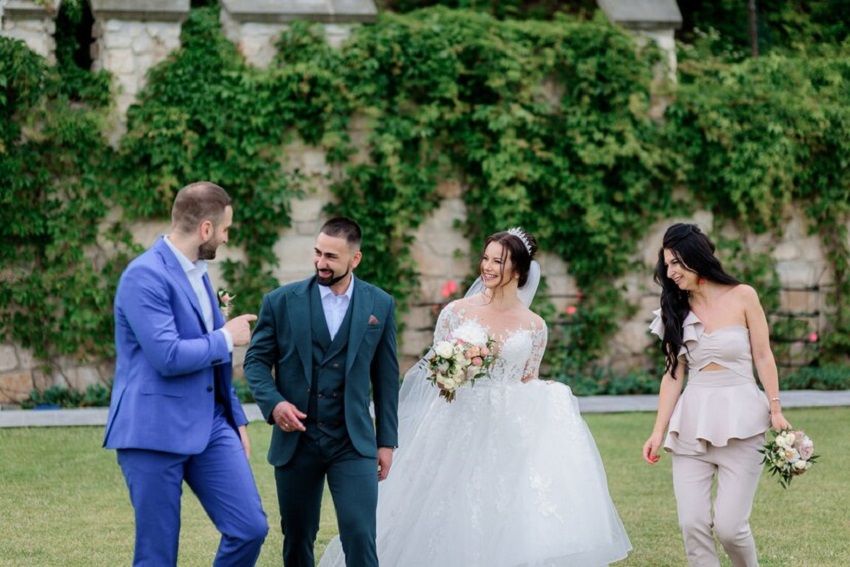What is Too Formal for a Wedding

Weddings are joyous occasions that celebrate the union of two people in love. When planning a wedding, one of the essential decisions is the level of formality. While some couples prefer a casual, relaxed affair, others may opt for a more formal setting. However, striking the right balance between formality and informality is crucial to ensure a memorable and enjoyable experience for all. In this article, we will explore what is too formal for a wedding and how to find the perfect balance.
Weddings hold significant cultural, social, and emotional value. The formality of a wedding often reflects the couple’s preferences, cultural traditions, or the desired ambiance they wish to create. However, going excessively formal can lead to an overly rigid atmosphere that may hinder the guests’ enjoyment. It is essential to create an elegant and refined event while still allowing guests to feel comfortable and engaged.
Defining Formality in Weddings
Wedding formality can be defined by various elements such as dress code, venue selection, invitations, decorations, and overall ambiance. Formal weddings adhere to traditional etiquette and follow specific rules and protocols. It often exudes a sense of grandeur, elegance, and sophistication.
Too Formal for a Wedding: The Balance
The Importance of Dress Code
One of the key indicators of formality is the dress code. Traditional formal weddings usually require guests to dress in formal attire, such as black-tie or white-tie. However, guests might feel uncomfortable or out of place when the dress code becomes excessively strict. Striking a balance between elegance and allowing some flexibility can contribute to a more relaxed and enjoyable atmosphere.
Traditional vs. Modern Approaches
Traditional weddings often emphasize formality, but modern couples increasingly prefer casual and personalized celebrations. Balancing tradition with personalization allows couples to create a unique and memorable event that reflects their personalities and preferences.
Elements of a Formal Wedding
Several elements contribute to the overall formality of a wedding. Let’s explore these elements and their significance.
Venue Selection
The choice of venue plays a crucial role in setting the tone for a formal wedding. Elegant ballrooms, historic mansions, or upscale hotels are often preferred for their sophistication and grandeur. These venues provide a classic backdrop for a formal affair.
Invitation Style
Formal wedding invitations follow a specific style, such as engraved or letterpress printing, using formal language and traditional wording. The design and presentation of the invitations give guests a glimpse into the event’s formality.
Attire
Formal weddings often call for elegant and sophisticated attire. For men, this may mean tuxedos or formal suits, while women typically wear evening gowns or sophisticated cocktail dresses. The dress code sets the tone for the event and creates a cohesive visual aesthetic.
Decorations and Themes
Formal weddings often feature opulent decorations, such as grand floral arrangements, elegant table settings, and luxurious fabrics. Classic color palettes and themes like black and white, gold and silver, or vintage-inspired designs enhance the formality and elegance of the event.
Signs of a Wedding Being Too Formal
While formality adds a touch of elegance to a wedding, it is essential to be aware of signs that indicate the event might be overly formal, potentially compromising the guests’ comfort and enjoyment.
Excessive Etiquette Rules
If excessive etiquette rules and protocols accompany the wedding, it might create an intimidating and rigid environment. Guests might feel restricted in their interactions, leading to a lack of engagement and enjoyment.
Strict Dress Code
When the dress code is too rigid and inflexible, it can make guests uncomfortable. While formal attire is often expected at a formal wedding, allowing some flexibility and providing clear but not overly restrictive guidelines can ensure that guests feel at ease.
Lack of Personalization
A highly formal wedding that lacks personal touches can feel impersonal and disconnected from the couple’s identity. Personalizing elements such as vows, music, or decorations can add warmth and authenticity to the event.
Limited Guest Interaction
If a wedding focuses solely on formalities without providing opportunities for guests to interact and enjoy themselves, it may feel distant and detached. Incorporating interactive elements like photo booths, games, or lively entertainment can foster a more relaxed and engaging atmosphere.
Finding the Right Balance
Achieving the perfect balance between formality and informality requires thoughtful planning and consideration. Here are some tips to strike that balance and create a memorable wedding experience:
Incorporating Personal Touches
To add a personal touch to a formal wedding, couples can incorporate elements that reflect their unique relationship. Personalized vows, meaningful readings, or special rituals can infuse the event with love and authenticity.
Combining Formality and Informality
Combining formal and informal elements can create a dynamic and enjoyable atmosphere. For instance, couples can opt for a formal ceremony and a more relaxed and interactive reception. This way, guests can experience the elegance of a formal affair while letting loose and celebrating.
Adjusting Dress Code Guidelines
Couples can consider adjusting the dress code guidelines slightly to make guests feel more comfortable. Providing a range of options within the formal attire category allows guests to choose outfits that align with their style while maintaining an elegant ambiance.
When Formality is Appropriate
While striking a balance is crucial, there are situations where a high level of formality is appropriate and expected.
Cultural and Religious Considerations
Formal weddings are deeply rooted in traditions and customs in some cultures and religions. Adhering to these traditions is a way to honor one’s heritage and create a meaningful celebration.
Black-Tie and White-Tie Events
Black-tie and white-tie events are known for their formality. These dress codes require guests to dress in their most elegant attire, usually tuxedos for men and formal gowns for women. Such events are often associated with sophistication and glamour.
Conclusion
Finding the right level of formality for a wedding is a delicate balancing act. While a formal affair adds elegance and sophistication, going too formal can make guests feel restricted and disconnected. Incorporating personal touches, combining formal and informal
elements, and adjusting dress code guidelines are effective ways to strike the perfect balance. Ultimately, creating a wedding that reflects the couple’s unique style and allows guests to feel comfortable and engaged will result in a memorable and enjoyable celebration.
FAQs
Can a casual wedding still be elegant?
Absolutely! A casual wedding can exude elegance and sophistication by focusing on the right details, such as thoughtful decor, refined food and drinks, and personalized touches.
How do I politely request a less formal dress code?
Use polite and inclusive language when communicating the dress code to your guests. Instead of specifying formal attire, you can suggest “cocktail attire” or “semi-formal attire,” allowing guests more flexibility while maintaining elegance.
What are some creative ways to personalize a formal wedding?
Personalization can be achieved through customized vows, incorporating meaningful family traditions, creating unique centerpieces, or designing a signature cocktail representing the couple’s favorite flavors or story.
Are there any situations where a highly formal wedding is recommended?
Certain cultural or religious traditions may require or recommend highly formal weddings. It’s essential to respect and honor these traditions while still considering the comfort and enjoyment of the guests.
Can I have a formal wedding on a budget?
Yes, it’s possible to have a formal wedding on a budget by prioritizing key elements such as venue selection, decor, and attire. Opting for affordable alternatives, such as elegant but cost-effective decorations or rental options, can help create a formal ambiance without breaking the bank.






